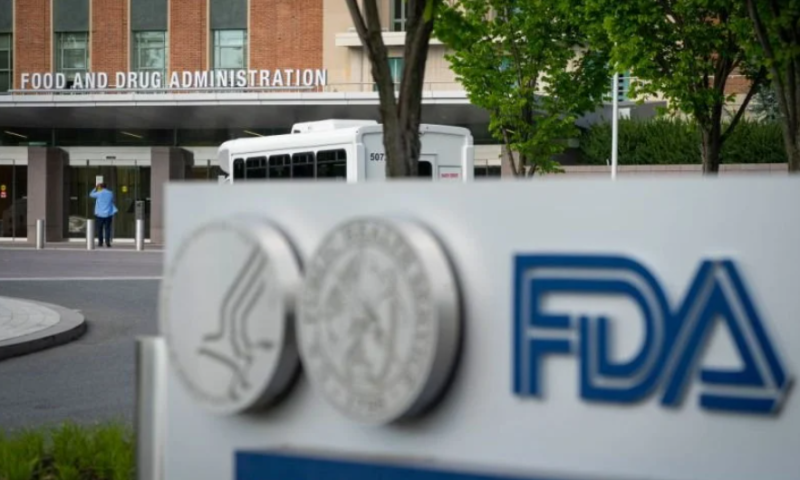The FDA has found new clusters of specific types of cancer linked to the scar tissue that forms around breast implants, as part of its ongoing, yearslong review of the risks that can come with the procedure.
The agency previously reported spikes in the number of cases of a rare type of non-Hodgkin lymphoma. Known as breast implant-associated anaplastic large cell lymphoma, or BIA-ALCL, the FDA has been tracking the disease since 2011.
Now, it aims to inform the public of the possibility of additional types of cancer, including squamous cell carcinoma and various lymphomas, which the agency detected through its postmarket analyses of scientific literature, medical device reports, real-world safety data and collaborations with industry stakeholders.
The cases are small in number, and the agency said it currently believes these occurrences to be rare. In its announcement, the FDA said it is aware of fewer than 20 cases of squamous cell carcinoma and fewer than 30 cases of lymphomas that had been traced back to the so-called “capsule” of scar tissue and fluid that forms around a breast implant.
Nonetheless, the agency said healthcare professionals and people who have or are considering receiving breast implants should be aware of the risks—and it urged providers and patients with breast implants to report any cases of cancer to the FDA.
“Currently, the incidence rate and risk factors for SCC and various lymphomas in the capsule around the breast implants are unknown,” the agency said in its announcement. The data includes reports from patients with either textured and smooth implants, as well as those filled with saline or silicone gels.
In some cases, the FDA said people were diagnosed years after receiving breast implants. Some reported signs and symptoms including swelling, pain, lumps or skin changes.
“This is an emerging issue and our understanding is evolving,” the FDA said, adding that people who currently have breast implants do not need to change their routine medical care or follow-up schedule. The FDA also does not recommend the removal of breast implants among people who are not showing symptoms.
In early 2019, the FDA said it had found a jump in the number of reported cases of BIA-ALCL in the U.S. and issued a letter to primary care physicians, gynecologists and other providers encouraging them to learn about the disease and its risks.
Shortly afterward, the agency issued warning letters to two breast implant manufacturers, Sientra and Johnson & Johnson’s Mentor subsidiary, for failing to complete postmarket evaluations of their products, which included a mandate to enroll thousands of women for annual follow-ups over at least a decade.
The same year, Allergan began a worldwide recall of its textured breast implants, covering its Biocell line of products and its Natrelle saline- and silicone-filled implants. Textured implants are less common in the U.S. compared to other countries, according to the FDA, with the type of implant made by Allergan representing less than 5% of all breast implants sold in the country.
In mid-2021, the FDA handed down a “boxed warning”—requiring product labeling to prominently display the potential dangers involved—and limited the sale of breast implants to providers who walk prospective patients through a decision checklist that outlines the long-term risks.

